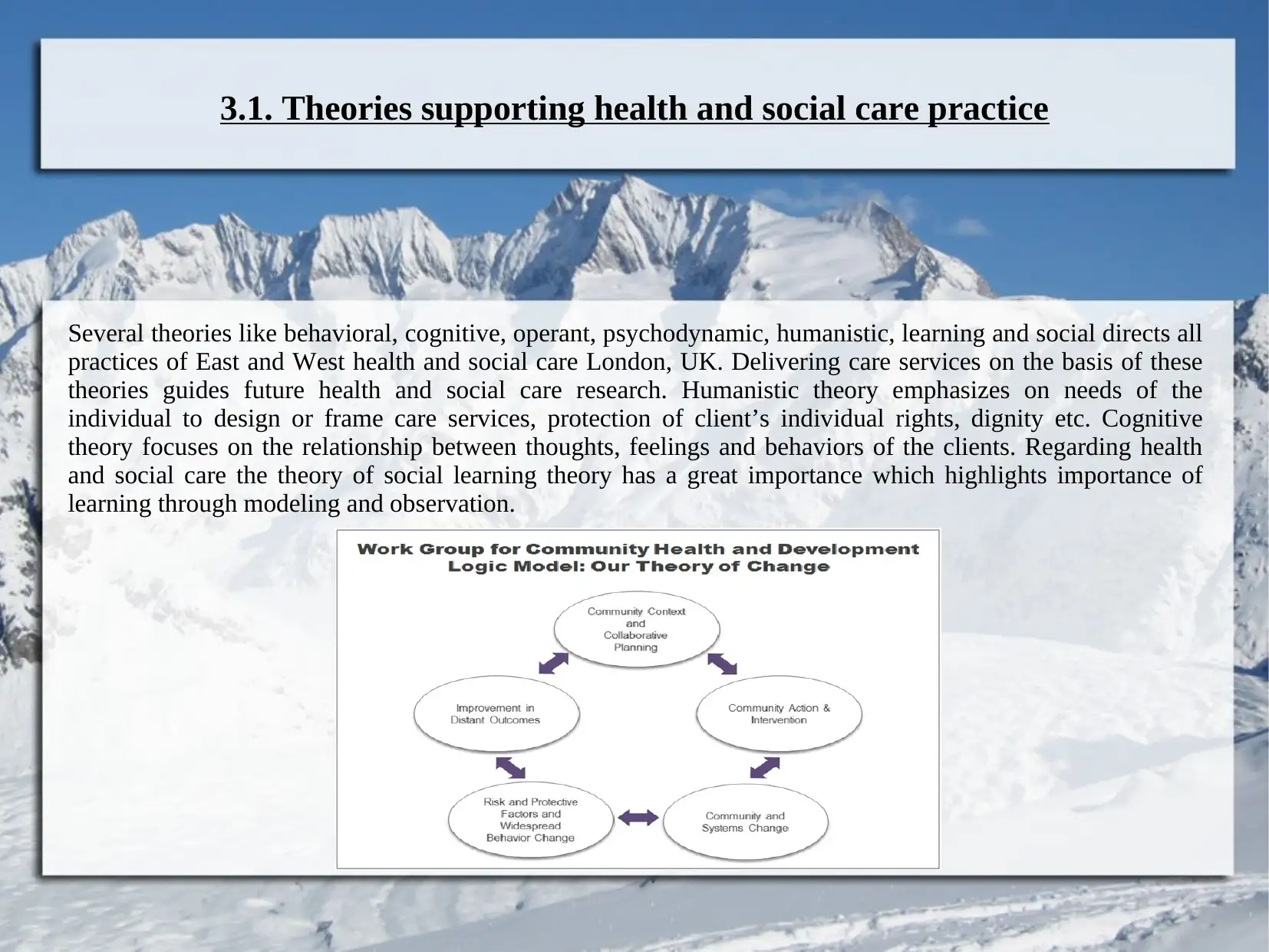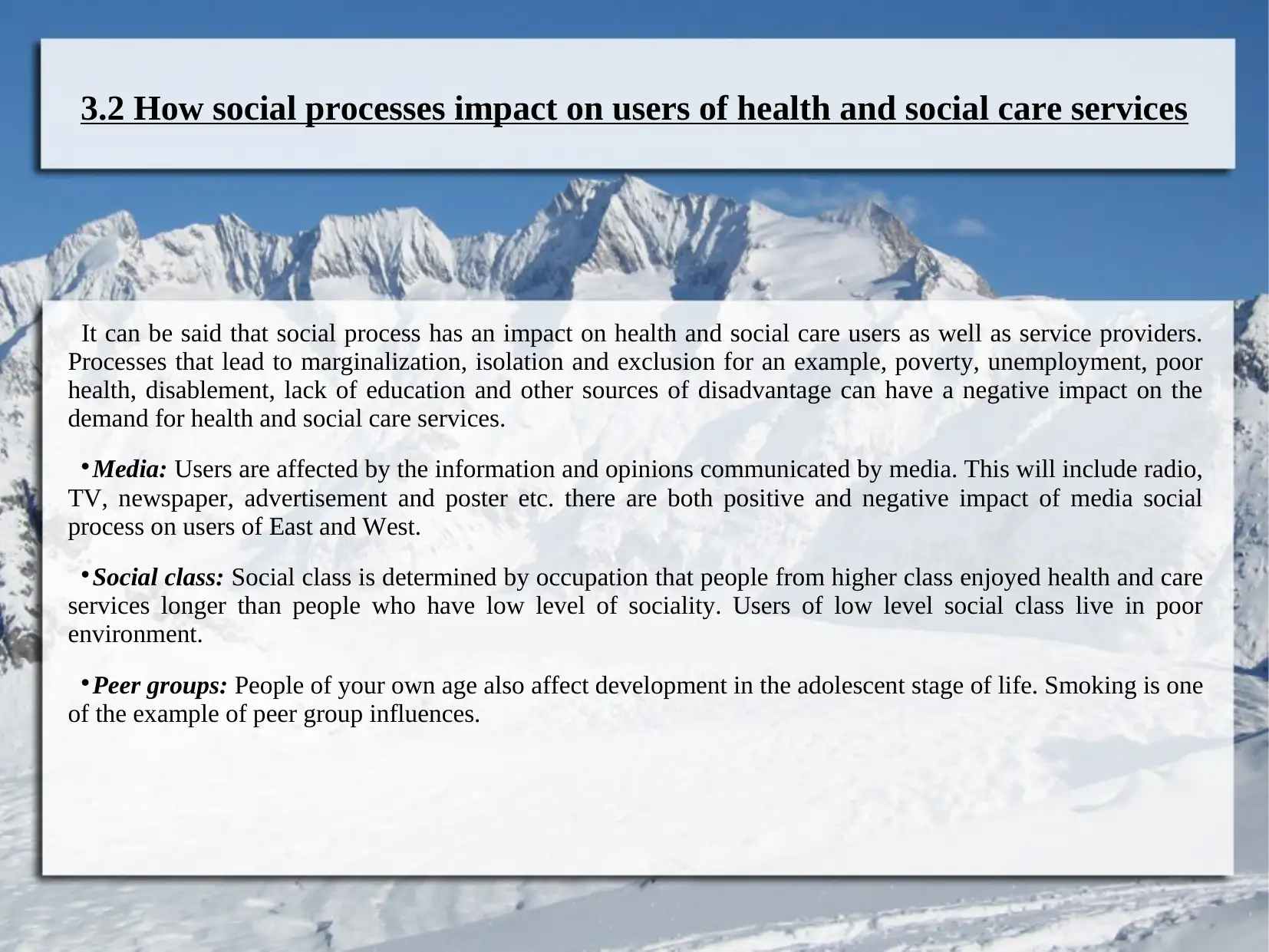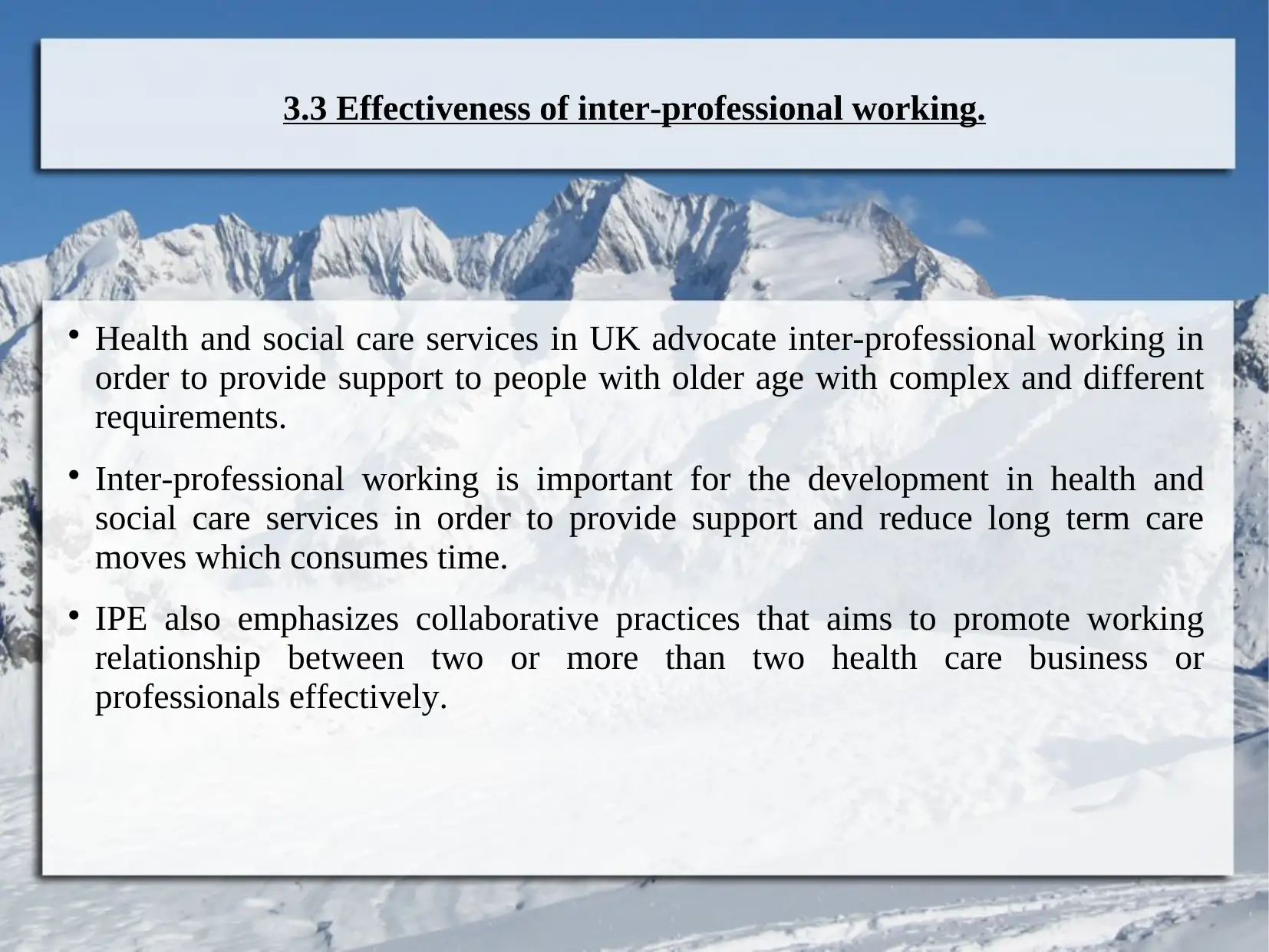HNC/HND Health and Social Care Management: Practice Principles Report
VerifiedAdded on 2023/02/03
|9
|987
|81
Report
AI Summary
This report provides an overview of the principles of health and social care practice, focusing on the implementation of policies, legislation, regulations, and codes of practice within the context of East and West health and social care in London, UK. It examines how these elements ensure quality care, protect service users, and promote ethical conduct, referencing the Health and Work Safety Act 1974. The report delves into local and national policies, emphasizing their synchronization and adaptability to different organizational cultures. It explores the impact of these policies on organizational policy and practice, including the creation of a safe and ethical working environment. Furthermore, the report discusses various theories supporting health and social care, such as behavioral, cognitive, and humanistic theories, and analyzes the impact of social processes like media, social class, and peer groups on service users. The effectiveness of inter-professional working in health and social care is also addressed, highlighting its importance in providing comprehensive support and reducing long-term care moves, and the importance of collaborative practices.
1 out of 9
















![[object Object]](/_next/static/media/star-bottom.7253800d.svg)